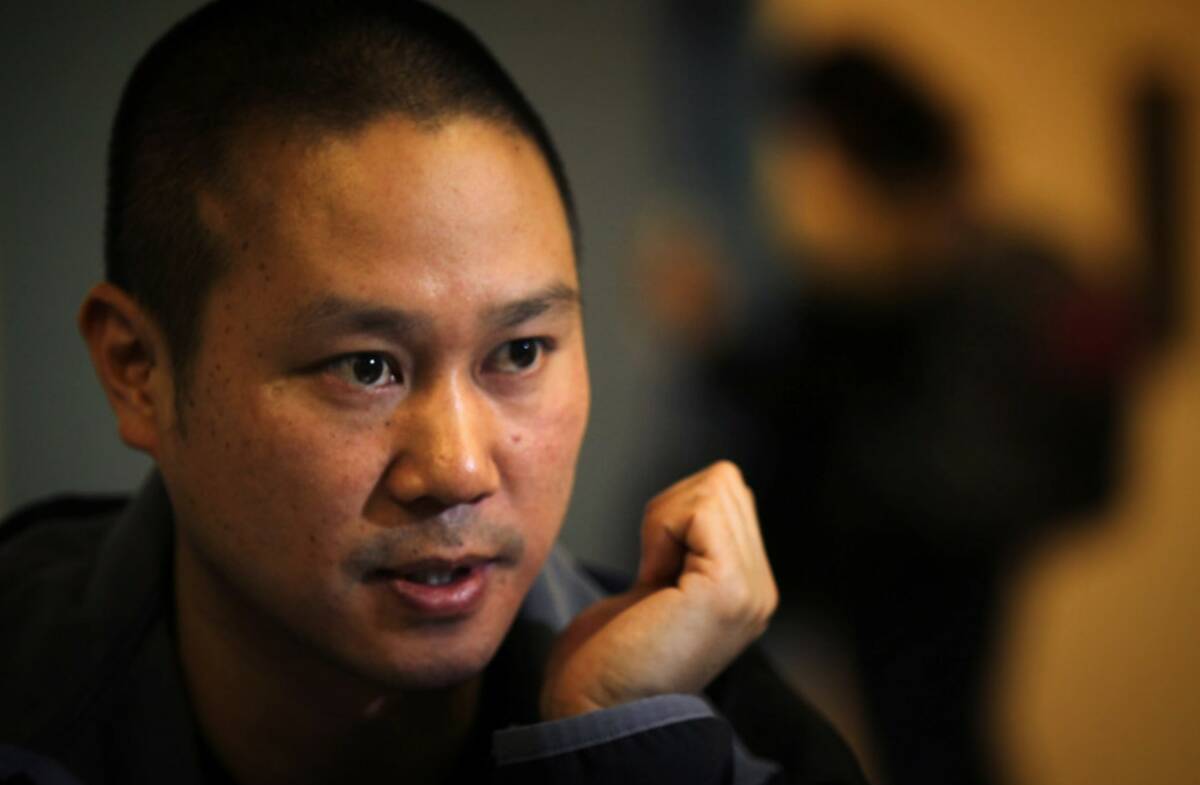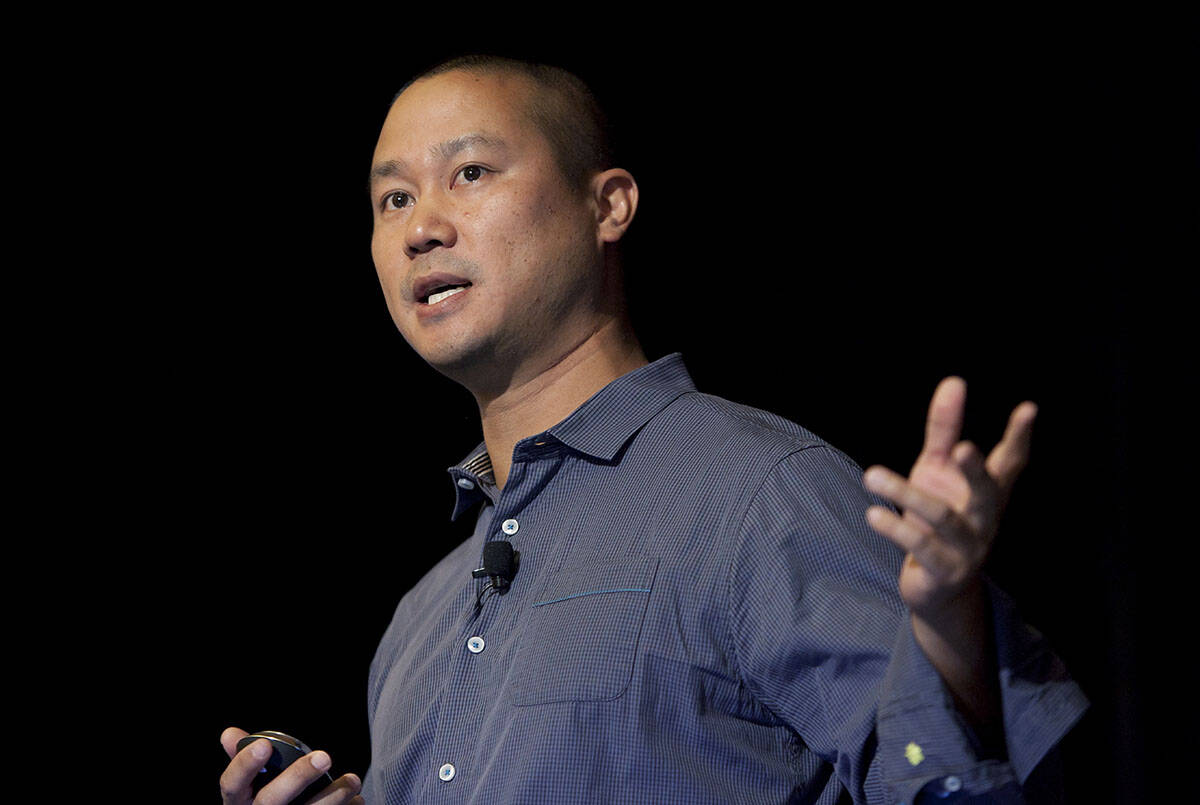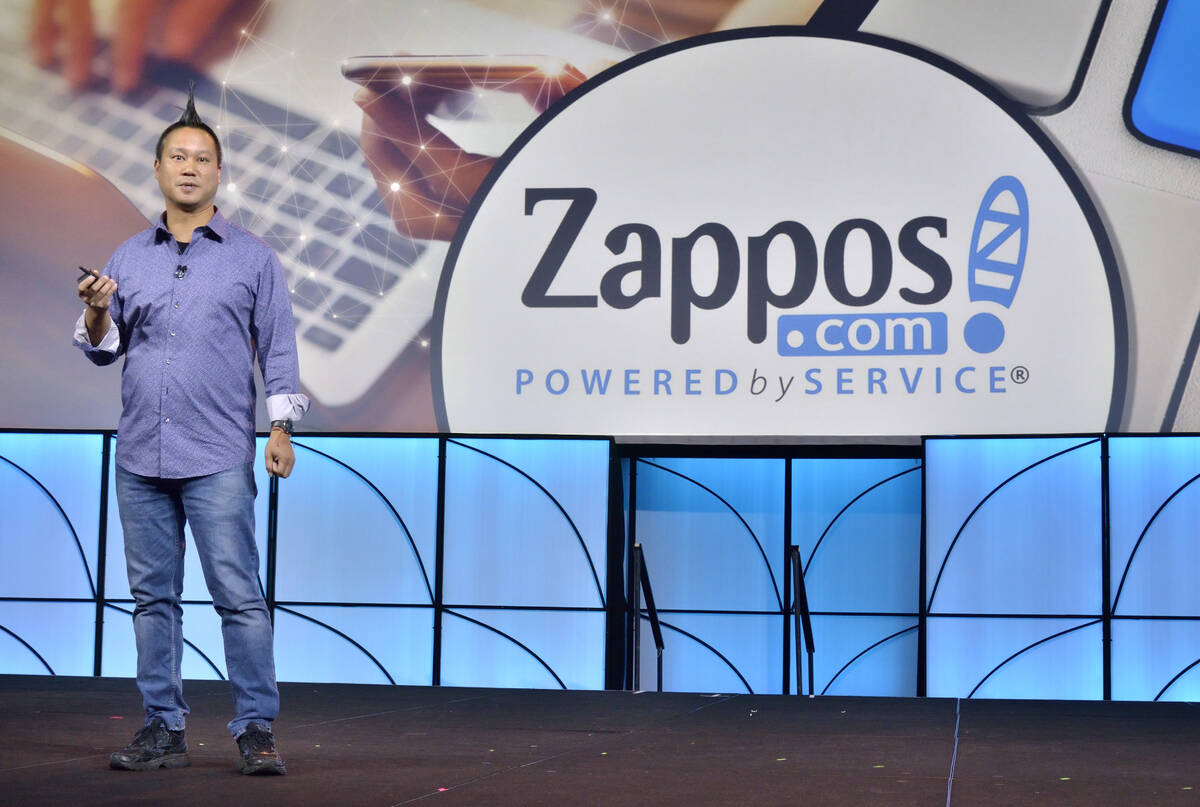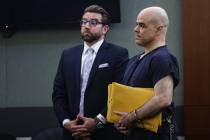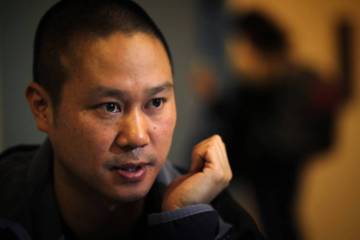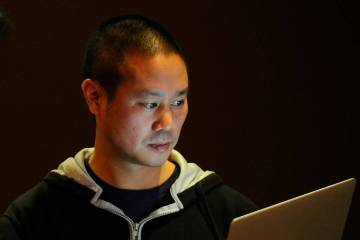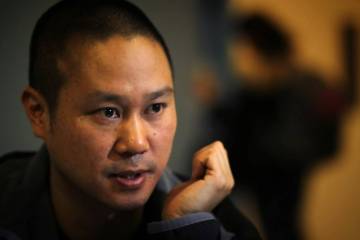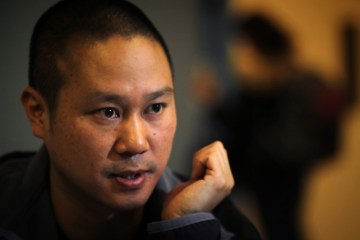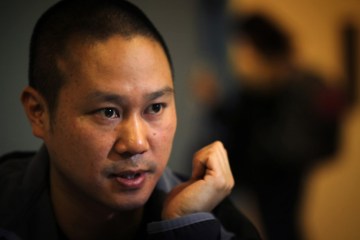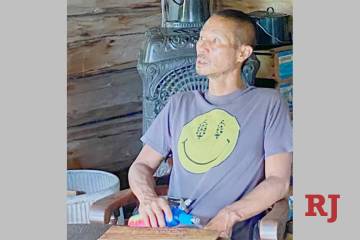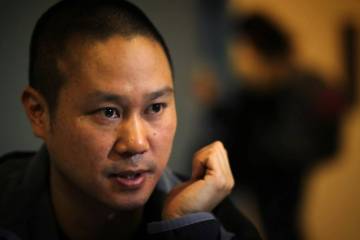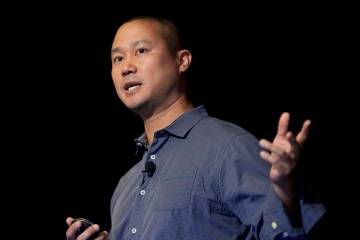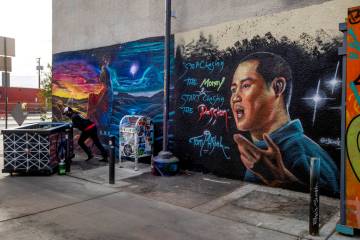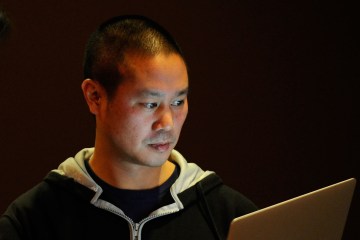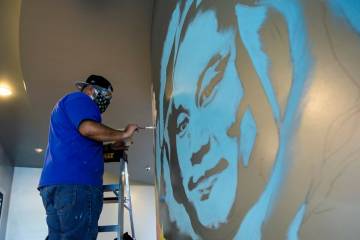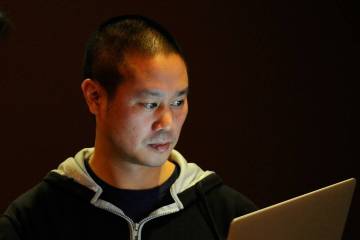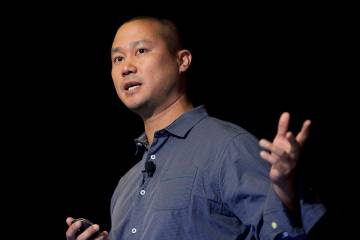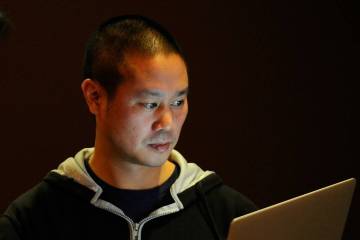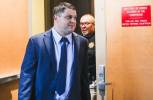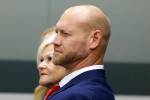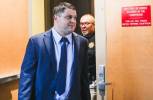Court documents: Texts show Tony Hsieh’s father not concerned with drug use
Tony Hsieh’s former attorney has claimed in recent court documents that text messages from the late Zappos CEO’s father show Hsieh’s family did not believe he was struggling with drug abuse around the time of his death.
On May 12, attorneys for Hsieh’s former lawyer, Puoy Premsrirut, filed a motion to dismiss multiple counterclaims that Hsieh’s family has made in Premsrirut’s lawsuit seeking legal fees. Premsrirut is one of multiple former business associates of Hsieh who have been caught up in legal battles over the estate since Hsieh’s death in 2020.
Hsieh, who retired as Zappos CEO in August of 2020, was 46 when he died on Nov. 27, 2020, from injuries suffered the prior week in a Connecticut house fire, following months of erratic behavior that have been alleged in court documents.
Both Hsieh’s family and various business associates have accused each side of taking advantage of Hsieh financially before his death.
Hsiehs’ family has claimed that while Hsieh was living in Park City, Utah, in the months before his death, he was “drug addled” and emaciated from nitrous oxide use. The family has claimed that Premsrirut and others should have known Hsieh was in “no condition” to transact business deals, including the purchase of the Zappos headquarters in downtown Las Vegas for nearly $70 million.
Premsrirut’s recent motion claimed that Hsieh’s father, Richard Hsieh, who is also the administrator of the estate, had “zero compunctions about his son’s business acumen or his capacity while his son was alive.”
Included in the motion was a text message Premsrirut claimed was between her and Richard Hsieh and that was sent in November 2020 “after Tony had an accident.” In the text, Premsrirut asked if the family wanted to address Tony Hsieh’s “substance abuse issue” with the media, according to the motion.
“I wouldn’t use the words ‘struggle,’ ‘abuse’ etc. because they are not true,” Premsrirut claimed Richard Hsieh wrote in the text message, which was included as an exhibit in the motion.
“Our understanding is that, as part of his curiosity and desire for experiences, he experimented many unconventional approaches to explore his spirit, soul, and subconscious including some substances which have been recommended by various experts in many best selling books,” the text message continued. “He was very aware of what he was doing, but many people didn’t understand it.”
Attorneys for Premsrirut and Tony Hsieh’s family did not respond to requests for comment on Thursday.
The May 12 motion also stated that Premsrirut helped organize the Zappos building purchase with the help of Tony Hsieh’s cousin, Connie Yeh. In July 2020, Tony Hsieh granted Yeh the power of attorney over his business and personal matters, after she had previously been designated as an “alternate agent in a statutory power of attorney” from 2017, according to the motion.
Premsrirut’s motion claimed that the family pulled Yeh and Chrissie Yim, who was an alternate agent in Hsieh’s power of attorney, into the legal proceedings only after realizing the Zappos building was purchased with their consent.
For years, Tony Hsieh had a documented history of relying on business associates to run his affairs, according to the May 12 motion. Premsrirut’s attorneys wrote in the court document that she acted “appropriately at all times” while representing Tony Hsieh in the four months surrounding his death.
“The truth is that Tony Hsieh was a wealthy, eccentric, often wildly successful venture capitalist who surrounded himself with a team of people he relied upon to enact his visions and run his business empires,” the motion stated.
Contact Katelyn Newberg at knewberg@reviewjournal.com or 702-383-0240. Follow @k_newberg on Twitter.



